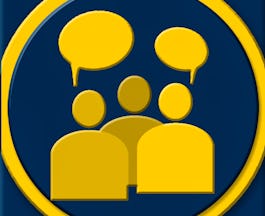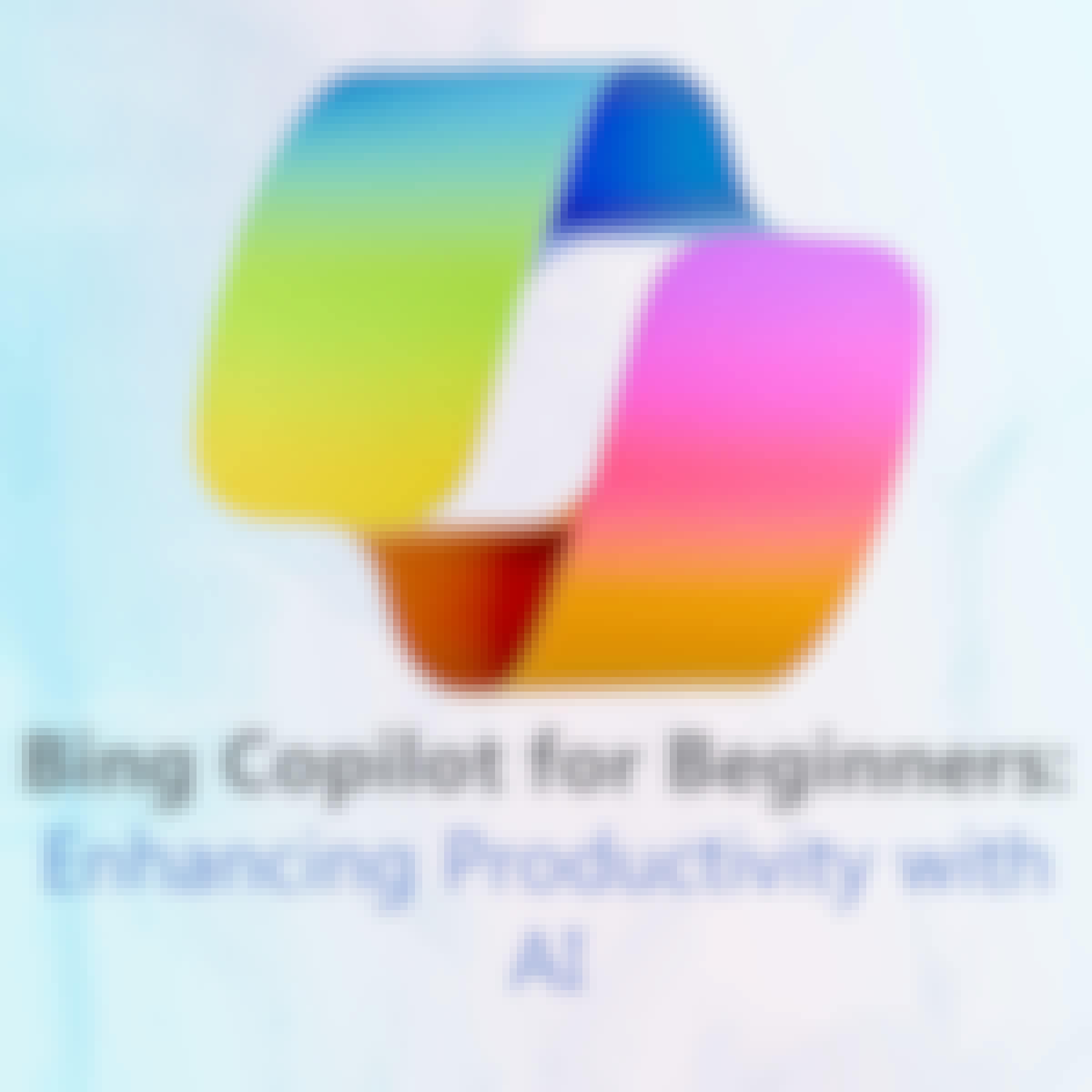Filter by
The language used throughout the course, in both instruction and assessments.
Explore the Healthcare Course Catalog

Skills you'll gain: Marketing Effectiveness, Global Marketing, New Product Development, Marketing, Product Development, Brand Marketing, Brand Management, Market Analysis, Competitive Analysis, Marketing Analytics, Marketing Communications, Marketing Strategies, Consumer Behaviour, Advertising, Media Planning, Market Research, Target Audience


University of Michigan
Skills you'll gain: Healthcare Industry Knowledge, Epidemiology, Policty Analysis, Research, and Development, Policy Analysis, Health Care, Policy Development, Law, Regulation, and Compliance, Preventative Care, Economics, Policy, and Social Studies, Trend Analysis, Media and Communications, Public Policies, Advocacy


University of Michigan
Skills you'll gain: Medical Science and Research, Health Care, Epidemiology, Clinical Research, Community Development, Research, Health Systems, Community Outreach, Health Care Procedure and Regulation, Community and Social Work, Research Methodologies, Policty Analysis, Research, and Development, Cultural Diversity, Science and Research, Crisis Intervention, Program Evaluation, Data Management


Arizona State University
Skills you'll gain: Curiosity, Persona Development, Innovation, Customer Analysis, Creative Thinking, Target Audience, Customer Insights, Market Research, Entrepreneurship, Problem Solving, Communication
 Status: Free
Status: Free
Coursera Instructor Network
Skills you'll gain: Competitive Analysis, Market Research, Market Analysis, Customer Analysis, Generative AI, Market Intelligence, Marketing Analytics, Customer Insights, Persona Development, Trend Analysis, Analytics, Business Analysis, Data Analysis, Forecasting, User Feedback, Accountability, Ethical Standards And Conduct
 Status: Free
Status: Free
Politecnico di Milano
Skills you'll gain: Economics, Policy, and Social Studies, Socioeconomics, Epidemiology, Crisis Management, Social and Human Services, Social Sciences, Infectious Diseases, Health Systems, Mental Health, Health Care, Environmental Monitoring, Data-Driven Decision-Making, Research, Data Collection, Cross-Functional Collaboration, Statistical Modeling, Artificial Intelligence


Rutgers the State University of New Jersey
Skills you'll gain: Business Planning, Risk Management, Entrepreneurial Finance, Insurance, Entrepreneurship, Cash Management, Business Strategy, Feasibility Studies, Credit Risk, Budgeting, Financial Management, Investments, Loans, Liquidation


Fundação Instituto de Administração
Skills you'll gain: Strategic Marketing, Marketing Analytics, Marketing Strategies, Digital Marketing, Marketing, Consumer Behaviour, Sales Strategy, Customer Analysis, Marketing Strategy and Techniques, Marketing Management, Data-Driven Decision-Making, Data Visualization Software, Customer Engagement, Market Analysis, Key Performance Indicators (KPIs), Data Analysis, Target Market, Market Research, Time Series Analysis and Forecasting, E-Commerce


Fundação Instituto de Administração
Skills you'll gain: Marketing Strategies, Market Research, Strategic Marketing, Marketing Management, Marketing Analytics, Market Intelligence, Data-Driven Decision-Making, Quantitative Research, Customer Insights, Customer Analysis, Consumer Behaviour, Target Market, A/B Testing, Digital Marketing, Statistical Hypothesis Testing
 Status: Free
Status: Free
Coursera Project Network
Skills you'll gain: Tidyverse (R Package), Clinical Data Management, Data Visualization Software, Exploratory Data Analysis, Data Manipulation, Predictive Modeling, R Programming, Data Cleansing, Feature Engineering, Applied Machine Learning, Machine Learning, Statistical Modeling, Performance Tuning
 Status: Free
Status: Free
Coursera Project Network
Skills you'll gain: Business Research, Ideation, Productivity Software, Research Reports, Marketing Materials, Writing and Editing, Project Implementation, Writing, Quantitative Research, Creative Design, Content Creation, Project Design, Generative AI, Market Research, Artificial Intelligence, Data Analysis
 Status: Free
Status: Free
Universidad Nacional de Colombia
Skills you'll gain: Caregiving, Home Health Care, Long Term Care, Compassion, Patient Education and Support, Empathy, Health Care, Critical Thinking and Problem Solving, Stress Management, Emotional Intelligence, Adaptability
In summary, here are 10 of our most popular healthcare courses
- Nestlé's Introduction to Marketing - with Abigail Laursen: Nestlé
- Tobacco & Nicotine: Public Health, Science, Policy, and Law: University of Michigan
- Translating Research to Communities : University of Michigan
- Curiosity: A Necessary Ingredient for Successful Innovation: Arizona State University
- GenAI for Market Research Analysts: Coursera Instructor Network
- Tools and Practices for Addressing Pandemic Challenges: Politecnico di Milano
- Practical Finance for Entrepreneurial Creatives: Rutgers the State University of New Jersey
- Marketing e Data Science: Fundação Instituto de Administração
- Pesquisa de Mercado e a Gestão Estratégica de Marketing: Fundação Instituto de Administração
- Tidymodels in R: Building tidy machine learning models: Coursera Project Network











